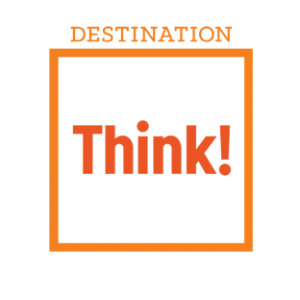So the Web 2.0 summit is over and I’m back in Vancouver, reflecting on the last days. What did I learn? What can I apply in my work?
I think the most important thing I realized is that the circle of people who direct the business side of the internet is relatively small. And events such as the Web 2.0 summit very much influence the future of the internet. That doesn’t mean it’s an elite group that control the future. But by putting together so many key players, new directions are taken.
I’m currently reading Bob Woodwards “State of Denial” and it’s very much the same thing. In the Whitehouse, decisions are made based on a culture that is created by a few, who have access to the leaders. Opinions of leaders and influencers are often more powerful than data or subject matter experts.
The same thing happens everywhere, at senior levels in companies, back home, and at the Web 2.0 conference. When CEO’s or senior executives of Google, Yahoo, Amazon, AOL, Microsoft, YouTube, IBM, Adobe, Newscorp, Ask, eBay, Craigslist, FedEx, NBC, InterActiveCorp, Expedia, Alibaba, EMI, Digg, The New York Times, CyWorld and more all speak in a 3 day window and interact with a leading group of influencers, seeds are planted, ideas discussed and directions set.
Now the good news is that the direction I see is one I can go along with. And I consider myself fortunate that I was able to participate in it in some form by discussing things with other attendees. This direction is one of decentralized control of media, open standards, interoperability, connectivity, innovation and new business models. Change is massive, continuing and relentless.
« Web 2.0 Shorts
» Ozomatli is awesome, Killa Kela is unbelievable
« Web 2.0 Shorts
» Ozomatli is awesome, Killa Kela is unbelievable
» Ozomatli is awesome, Killa Kela is unbelievable
personal
Web 2.0 Summit Summary
By William Bakker | 11.12.06 | Comment?
Tweet
« Web 2.0 Shorts
» Ozomatli is awesome, Killa Kela is unbelievable

